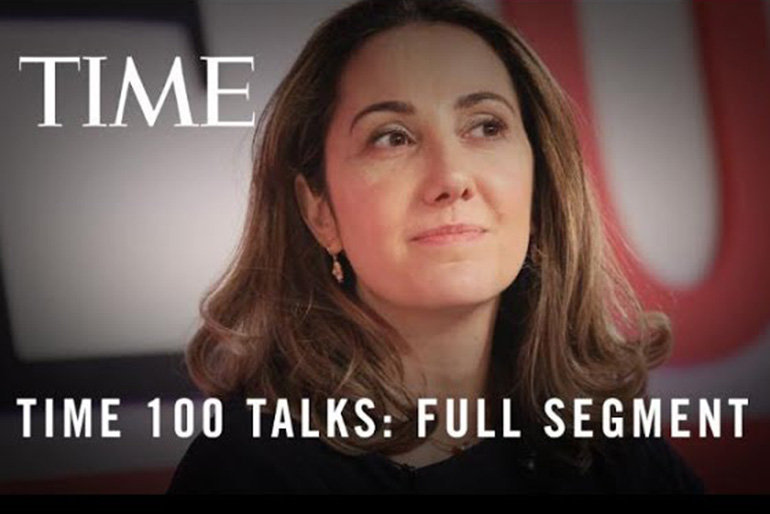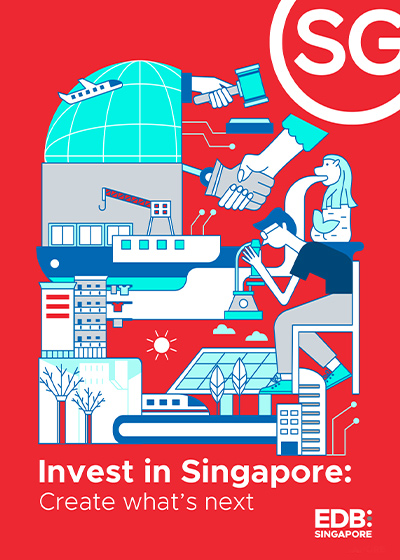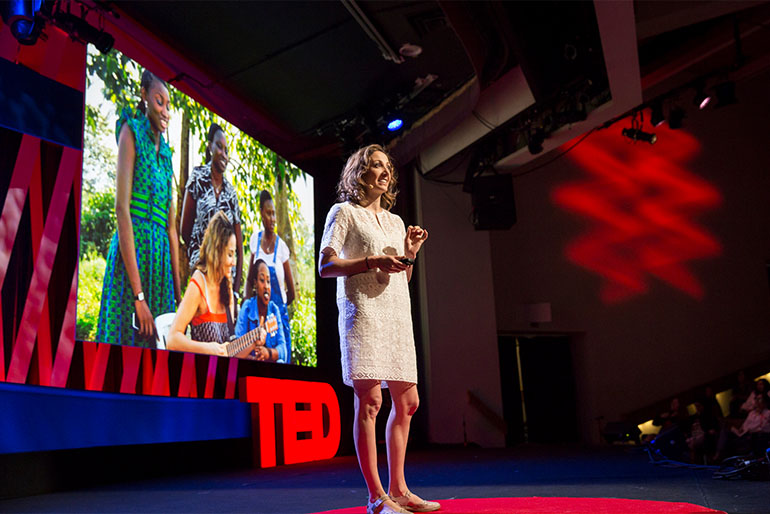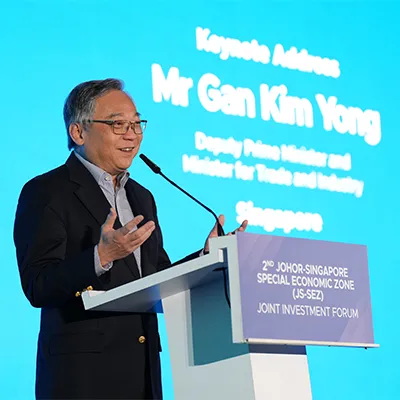Computational geneticist Dr Pardis Sabeti is known as a rockstar amongst infectious disease experts, especially for her work pioneering the use of genome sequencing data to contain and treat deadly viruses such as Zika, Ebola and COVID-19.

She was in Singapore last month to receive the inaugural TIME100 Impact Awards, which was held in the city-state together with the return of the Singapore F1 Grand Prix. We chat with Dr Sabeti to find out more about her perspectives on the role businesses can play in achieving purpose and impact in today’s complex climate, as well as the opportunities present in Singapore and Asia to pioneer innovations.

Q: What project are you currently working on that excites you?
A: I am deeply passionate about all the projects we have towards building better surveillance systems for infectious diseases. While I am fundamentally a scientist and researcher at heart, there are a number of core elements we need to develop to enhance our preparedness. Some of the work I am most excited about is the work that we are doing on the education front, empowering more young people to go into Science, Technology, Engineering and Mathematics (STEM) and local public health to be able to do work broadly. To stop the next pandemic, we need every person on the planet willing to do the work and have the tools to do so. I am dedicated to making that possible.

Q: How has the journey been as a female industry leader in the biomedical sciences?
A: To be honest, it has been a challenging road as a woman in science, and there are many barriers I have had to overcome. I have questioned being a woman in this space, but I am motivated to do so by the many young, talented women in the next generation. I hope to help support them by carving a path forward even if my own road is a little shaky. Hopefully, it will make this even more possible.
Q: How do you see the future of biomedical sciences evolving especially with an increasing focus on Asia?
A: There is a tremendous amount of energy and innovation coming from Asia and I am very excited to see what the next decade brings. My time in Singapore was truly delightful, from seeing how well the country is organized and run to the emphasis on technology development and elegant systems. We can learn a lot from what is happening there, as well as the many breakthroughs I expect to see in Asia.
My own personal focus is on pandemic preparedness, and across the world, there are many unmet needs in our diagnostics, information systems, and infectious disease. I look to Asia for being at the forefront of this, building the technologies to detect pathogens, coming into the clinic in real-time, and sharing that information. Pandemic response is exciting because the path is clear and the tools and technologies are possible. It is a matter of dedication.

Q: How can businesses think about better balancing profit and social impact in the biomedical sciences?
A: As I have moved towards doing more work with businesses – starting two companies and serving on the board of Danaher Corporation – it has become clear to me the impact that industry can have in biomedical sciences to make the change. During COVID-19, many of the great breakthroughs came from the business sector and their support for them.
Both the business sector and governments can be better – particularly in my area of pandemics – at having more forethought and meeting the needs before they become devastating. Had the business and governmental sectors invested early in pandemic response, we could have saved countless lives and dollars. Ultimately, it is by investing in those areas and prioritizing preventative measures, such as diagnostics, as opposed to always focusing on the profit that can be made at the end stage in any type of medical practice. It is the idea of incentivizing prevention, not just sustained therapies for late-term diseases.
Q: You recently received the TIME Impact Awards in Singapore. How do you think Singapore can play a role in enabling businesses seeking to make a positive impact on the world?
A: Singapore is an extraordinary country. It is such a powerhouse for its size and has the opportunity to build end-to-end systems that can be modelled and tested elsewhere in the world. Whenever we work in pandemic preparedness, we enjoy working with small communities in which we create holistic systems and test how they function. I think Singapore has the opportunity to roll out new approaches in all of these areas, including pandemic preparedness, on a country-wide scale, and really test and pilot those systems as a model for the rest of the world. We saw much of that in COVID, and there is much more it can do to lead the way.








